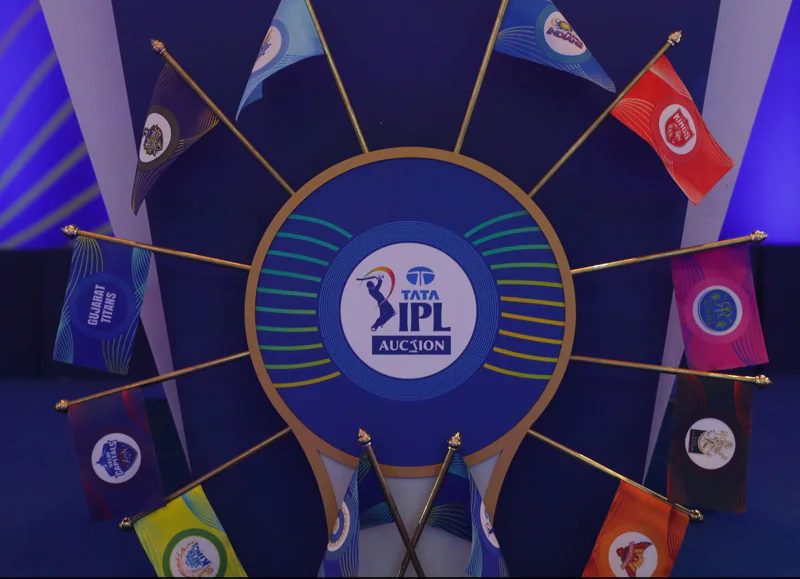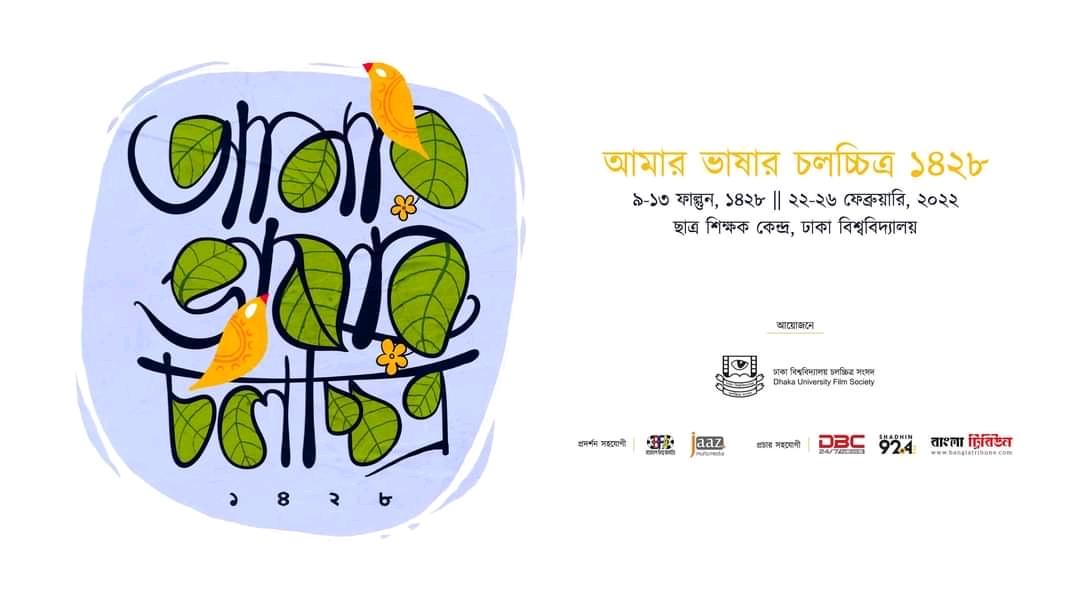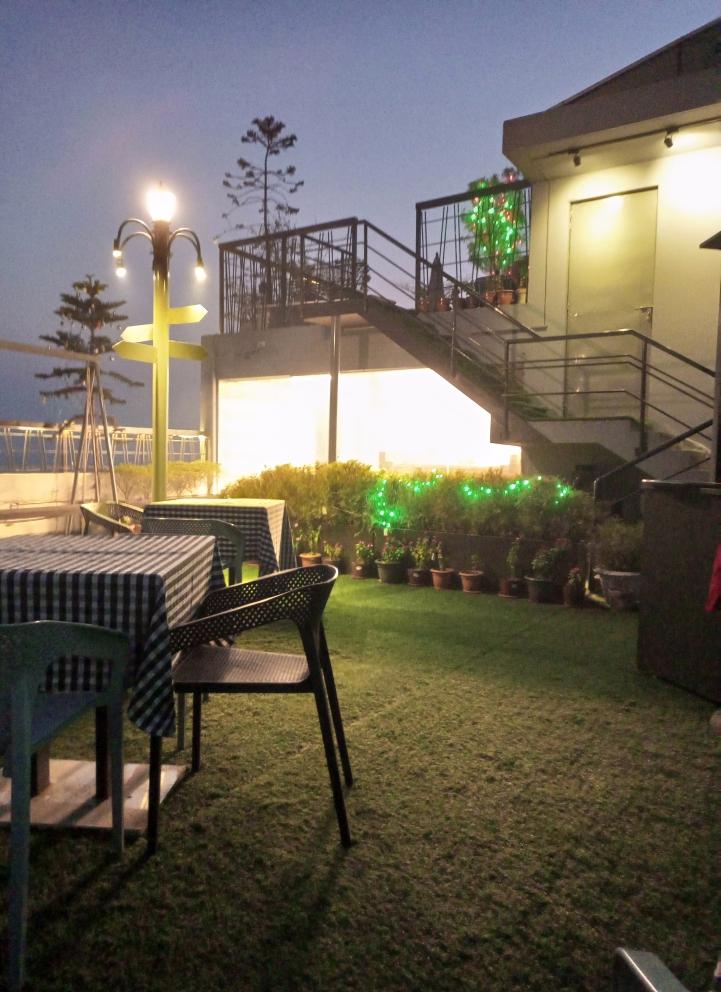𝗜𝗣𝗟 𝗿𝗲𝘃𝗲𝗮𝗹𝘀 𝘁𝗵𝗲 𝗻𝗲𝘄 𝗳𝗼𝗿𝗺𝗮𝘁 𝗳𝗼𝗿 𝗶𝘁𝘀 𝘂𝗽𝗰𝗼𝗺𝗶𝗻𝗴 𝘀𝗲𝗮𝘀𝗼𝗻
For the first time since its emergence in 2008, teams will be divided into two groups in IPL 2022. However, it is quite usual to the critics as the number of teams has been increased in this year's edition.
IPL 2022 started gathering attention differently when it announced the addition of two new teams in the upcoming season. Diversity has been added after the news of two new franchise cricket teams was confirmed - Gujarat Titans and Lucknow Super Giants.
Teams will play the Indian Premier League's 15th edition differently. MI, KKR, RR, DC, LSG are kept in Group A, while CSK, SRH, RCB, PBKS, GT are placed in Group B.
The number of IPL Championships determines the groups, followed by the number of final matches played by the respective teams. That's why two of the most successful team - Mumbai Indians (MI) and Chennai Super Kings (CSK) has dropped into different groups. The rest of the teams followed this procedure too. Five teams that haven't won any championships and sorted into groups by the number of finals played.
How will the matches be played? The number of games remains the same - 14 (seven home matches and seven away matches). Each team will be playing two games with the teams in their group.
Each team plays the other teams in its group twice, which makes it eight games. The balance is made by six games they play against the five teams in the other group. So MI will play two games against CSK, its equivalent team in group B, and one match against the other four teams. Similarly, KKR, the second-placed team in A, plays SRH in group B twice and all other teams once. This is how teams attain (8+6) 14 group league games.
Teams will play overall 70 league matches in IPL 2022. The four playoff matches will follow this. For 2022, the IPL confirmed that the tournament would be played between March 26 and May 29.
#studentJournalist
For the first time since its emergence in 2008, teams will be divided into two groups in IPL 2022. However, it is quite usual to the critics as the number of teams has been increased in this year's edition.
IPL 2022 started gathering attention differently when it announced the addition of two new teams in the upcoming season. Diversity has been added after the news of two new franchise cricket teams was confirmed - Gujarat Titans and Lucknow Super Giants.
Teams will play the Indian Premier League's 15th edition differently. MI, KKR, RR, DC, LSG are kept in Group A, while CSK, SRH, RCB, PBKS, GT are placed in Group B.
The number of IPL Championships determines the groups, followed by the number of final matches played by the respective teams. That's why two of the most successful team - Mumbai Indians (MI) and Chennai Super Kings (CSK) has dropped into different groups. The rest of the teams followed this procedure too. Five teams that haven't won any championships and sorted into groups by the number of finals played.
How will the matches be played? The number of games remains the same - 14 (seven home matches and seven away matches). Each team will be playing two games with the teams in their group.
Each team plays the other teams in its group twice, which makes it eight games. The balance is made by six games they play against the five teams in the other group. So MI will play two games against CSK, its equivalent team in group B, and one match against the other four teams. Similarly, KKR, the second-placed team in A, plays SRH in group B twice and all other teams once. This is how teams attain (8+6) 14 group league games.
Teams will play overall 70 league matches in IPL 2022. The four playoff matches will follow this. For 2022, the IPL confirmed that the tournament would be played between March 26 and May 29.
#studentJournalist
𝗜𝗣𝗟 𝗿𝗲𝘃𝗲𝗮𝗹𝘀 𝘁𝗵𝗲 𝗻𝗲𝘄 𝗳𝗼𝗿𝗺𝗮𝘁 𝗳𝗼𝗿 𝗶𝘁𝘀 𝘂𝗽𝗰𝗼𝗺𝗶𝗻𝗴 𝘀𝗲𝗮𝘀𝗼𝗻
For the first time since its emergence in 2008, teams will be divided into two groups in IPL 2022. However, it is quite usual to the critics as the number of teams has been increased in this year's edition.
IPL 2022 started gathering attention differently when it announced the addition of two new teams in the upcoming season. Diversity has been added after the news of two new franchise cricket teams was confirmed - Gujarat Titans and Lucknow Super Giants.
Teams will play the Indian Premier League's 15th edition differently. MI, KKR, RR, DC, LSG are kept in Group A, while CSK, SRH, RCB, PBKS, GT are placed in Group B.
The number of IPL Championships determines the groups, followed by the number of final matches played by the respective teams. That's why two of the most successful team - Mumbai Indians (MI) and Chennai Super Kings (CSK) has dropped into different groups. The rest of the teams followed this procedure too. Five teams that haven't won any championships and sorted into groups by the number of finals played.
How will the matches be played? The number of games remains the same - 14 (seven home matches and seven away matches). Each team will be playing two games with the teams in their group.
Each team plays the other teams in its group twice, which makes it eight games. The balance is made by six games they play against the five teams in the other group. So MI will play two games against CSK, its equivalent team in group B, and one match against the other four teams. Similarly, KKR, the second-placed team in A, plays SRH in group B twice and all other teams once. This is how teams attain (8+6) 14 group league games.
Teams will play overall 70 league matches in IPL 2022. The four playoff matches will follow this. For 2022, the IPL confirmed that the tournament would be played between March 26 and May 29.
#studentJournalist








